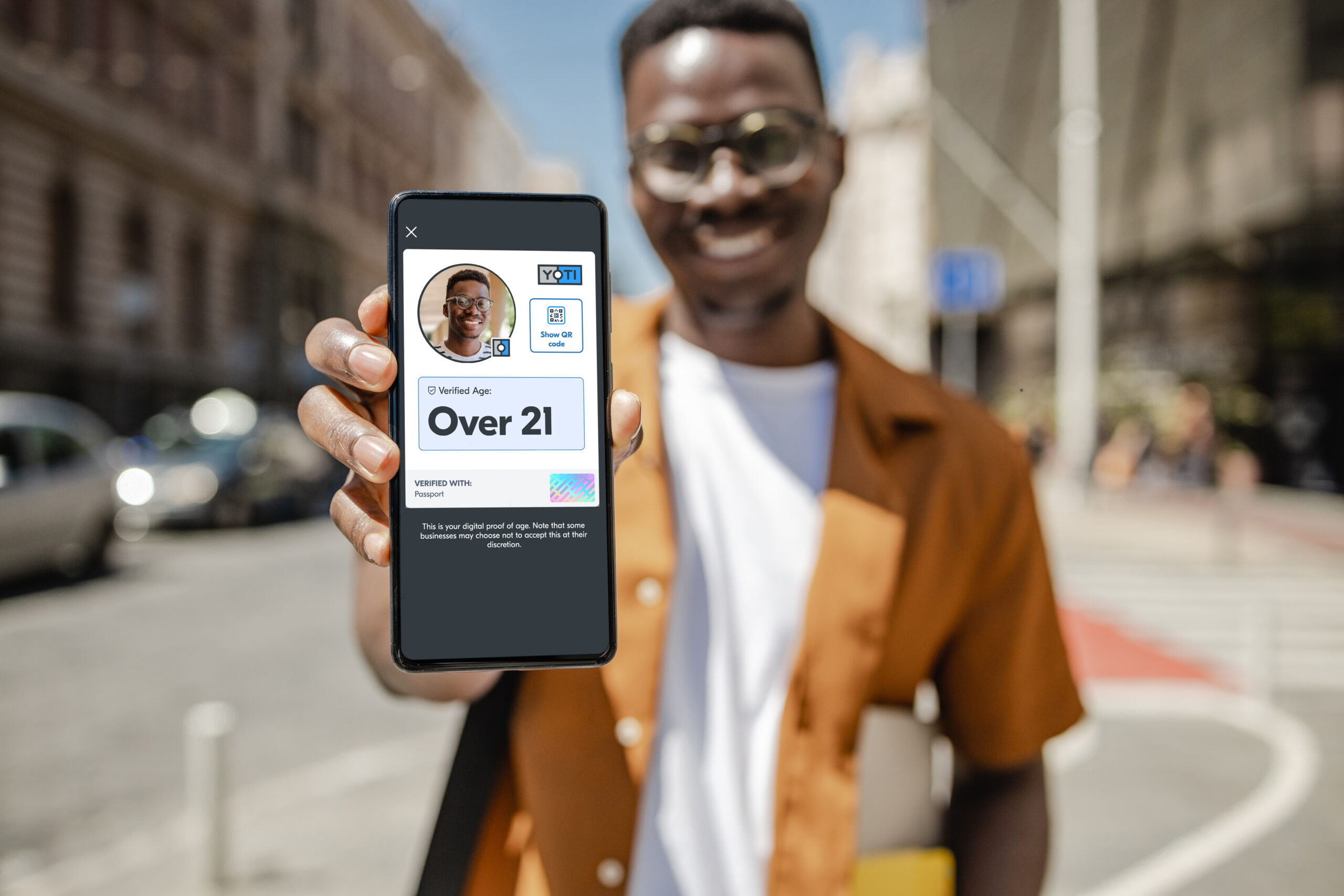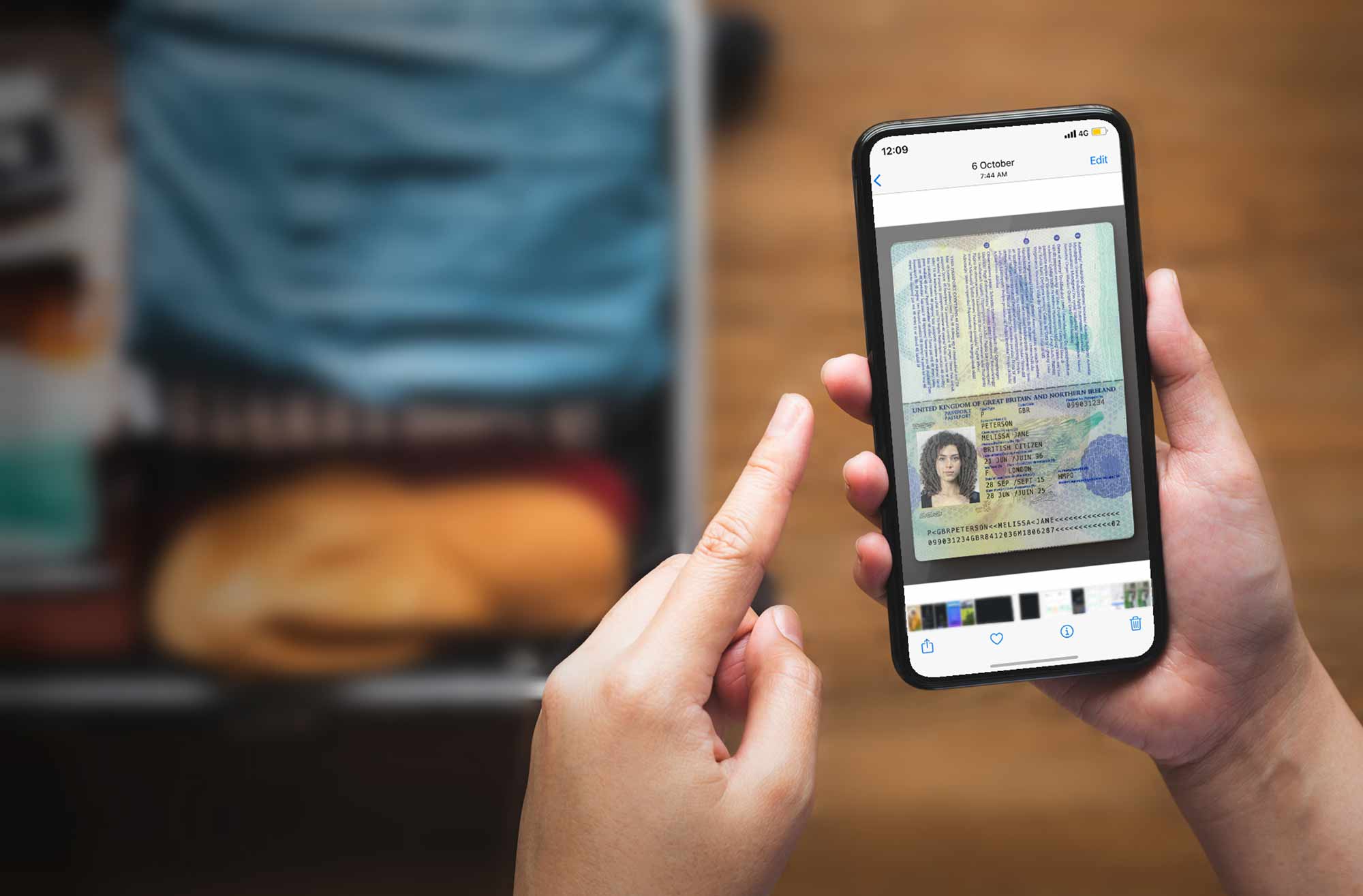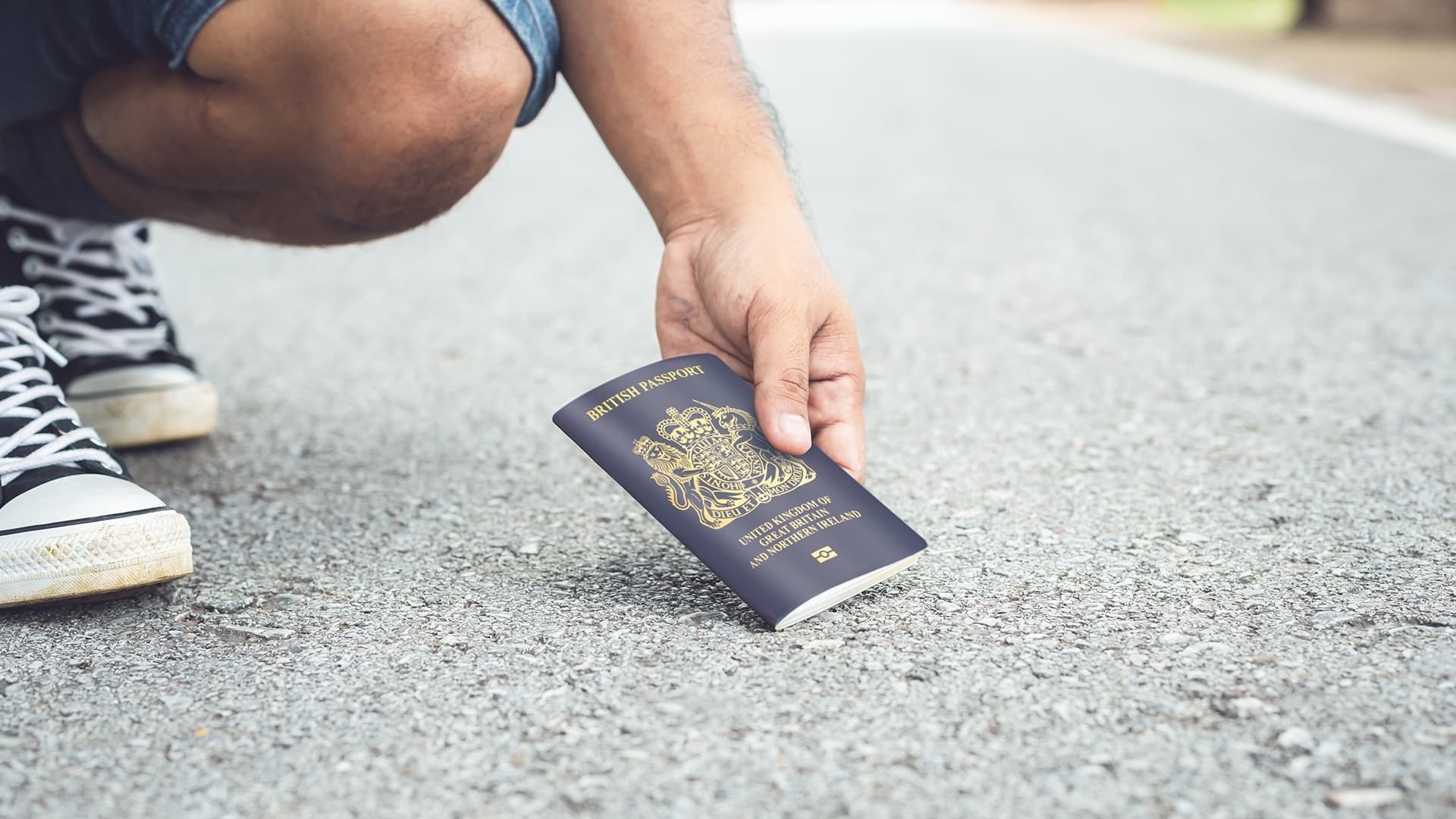Digital ID
Myth busting Digital ID
There’s no denying we’ve moved most of our lives online, and the majority of the time, our phones are the instant portal we use to get us there. They’ve become our personal shoppers, our social life planners and documenters, our music, films and books all in one. With everything already in the palm of our digital hand, it makes sense that the way we prove our age and identity should be too. A Digital ID is your ID on your phone, replacing physical documents with a smarter, instant way of proving who you are. We think it’s the future but
Life without a Digital ID
We use our phones for more than just a phone call. They’re our wallet, radio, encyclopaedia, and personal cinema. If we can do almost everything with our phones, why not use them as our ID? A Digital ID is your ID on your phone and your data in your hands, replacing your physical documents, and giving you a smarter way to show your ID. Once you’ve created it, you’ll be ready to prove your age, protect your passwords and connect with confidence online. With the popularity of Digital IDs continuing to grow and being accepted in more places, it becomes
How one of the world’s biggest cinemas is modernising age checks with Digital ID
“The issue of proving age is getting increasingly challenging. The introduction of digital ID is a trusted and robust way of checking ID and will support our staff, who are often on the frontline of any resulting customer frustration.” Kelly Drew Operations Director, Cineworld Cineworld is a leading UK multiplex cinema chain. We helped them: Give their customers a free, reusable Digital ID they can use to prove their age to see any film. Reduce aggression towards staff. Protect the privacy of their customers with a proof of age card that just says if they’re over 15
Why you shouldn’t keep your passport picture on your phone
When we think of passports, we typically think of holidays and going abroad. But many people use them as their main form of identification, whether it’s getting into nightclubs, buying age-restricted items at the supermarket or proving their identity when buying a house. To make your life easier, you might store a picture of your passport on your phone, hidden away amongst your holiday snaps or the latest photo of your food, but did you know this puts your identity at risk? Exposing yourself to identity theft: Having your passport in your photos might be handy for when you
How curio traders in Malawi could benefit from digital identity
As we go about our social purpose work we regularly get to speak to local, national and international non-profit organisations. Over the years, we’ve found that many struggle to understand the many ways digital identity solutions might help them in their work. As part of our wider efforts to help the sector make sense of the technology, today we’re publishing the last in a series of articles looking at the use of digital identities in six different humanitarian and environmental settings. Please note that, while the technology use case is real, the scenarios are hypothetical in nature, and the projects
Counting the cost of a lost passport
As a valid form of ID, passports can be used for a variety of reasons beyond going on holiday – for collecting parcels for example, for proof of age at the cinema or when buying age-restricted items at the supermarket or convenience store. But have you ever stopped and thought about the consequences of losing your passport? Lost and stolen passports When you’re taking your passport out of home it can easily be lost or stolen in transit. In fact, this happens more often than you might think – around 400,000 of these important documents disappear each year – costing





